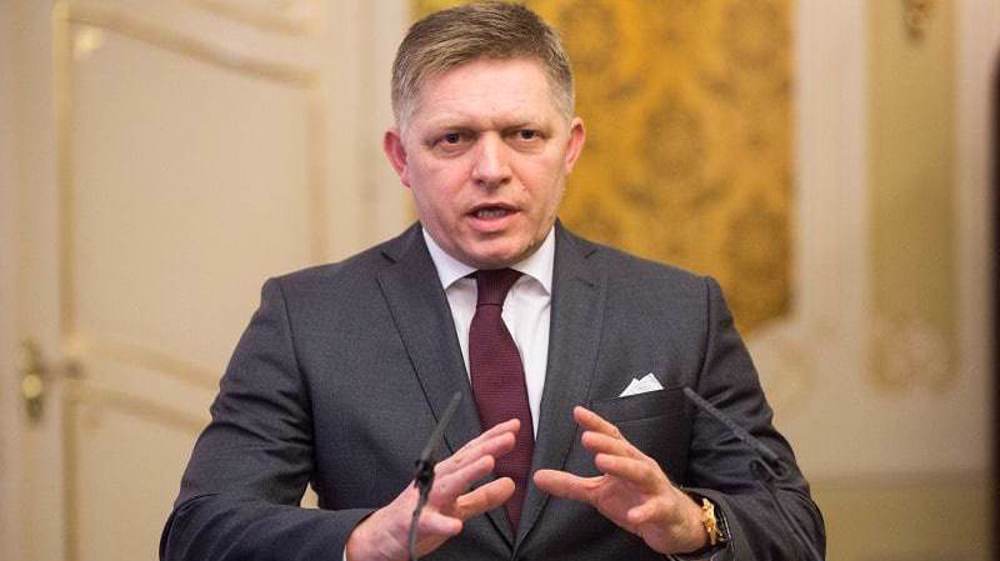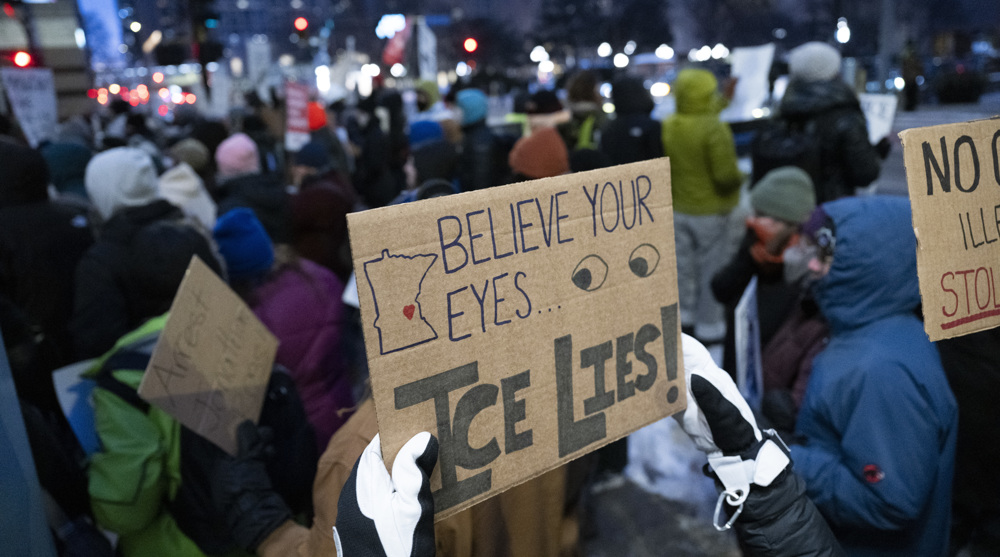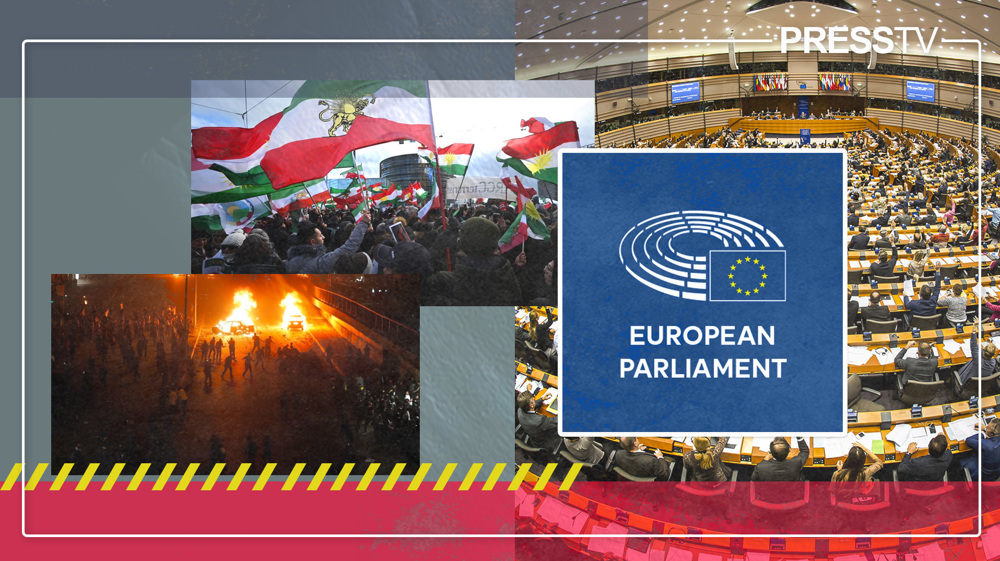Spain king ‘asks premier to form government’
Spain’s King Felipe VI has once again called on the country’s acting prime minister to form a government to unclog seven months of a political stalemate following a second round of indecisive elections.
Prime Minister Mariano Rajoy announced on Thursday that the king had asked him to attempt to form a government.
He said he had “accepted” the challenging task as most rival parties refuse to back him.
Spain has been without a fully-functioning government for the past seven months. The limbo comes at an especially sensitive time since the government needs to take urgent measures to reduce its deficit and also deal with an independence movement in the Catalonia region.
The impasse began after elections in December 2015 failed to give any political party an absolute parliamentary majority. Little-known parties such as Ciudadanos and Podemos have thus emerged as more relevant.
Spain has faced years of austerity and repeated corruption scandals, prompting millions of Spaniards to turn to the two new parties for action.

However, efforts to forge a coalition proved unsuccessful as rival parties failed to overcome their differences, leading to repeat elections in June with identical results.
Rajoy had abandoned the task of forming a government following the December polls due to the lack of support from rival parties, prompting the king to task runner-up Socialist Party chief Pedro Sanchez with government formation instead.
But he, too, failed to acquire enough support to form a government as far-left Podemos — which came in third — refused to back him, prompting the repeat elections in June.
This time round, Rajoy encounters a similarly thorny task. He has to garner enough support from other parties to push a coalition or minority government through a parliamentary vote of confidence.
This is while Sanchez has already made clear that his party, which, with 85 seats, has the power to block the PP, will refuse to back Rajoy, as has Podemos.
VIDEO | Iran will devastate Israel if it cuts loose
Sunni MPs condemn Trump’s insult, affirm support for Iran’s Leader
1,000 strategic drones officially join combat units of Iranian Army
VIDEO | Germany, not just merely an economic recession
Discover Iran: Hormozgan, home to the last lenj boatbuilders of Persian Gulf
VIDEO | Condition of Gaza hospitals at the beginning of phase two recovery
VIDEO | Tehran metro station vandalized in attack by foreign-backed terrorists
VIDEO | Angry Iraqis set fire to Trump image, US flag













 This makes it easy to access the Press TV website
This makes it easy to access the Press TV website